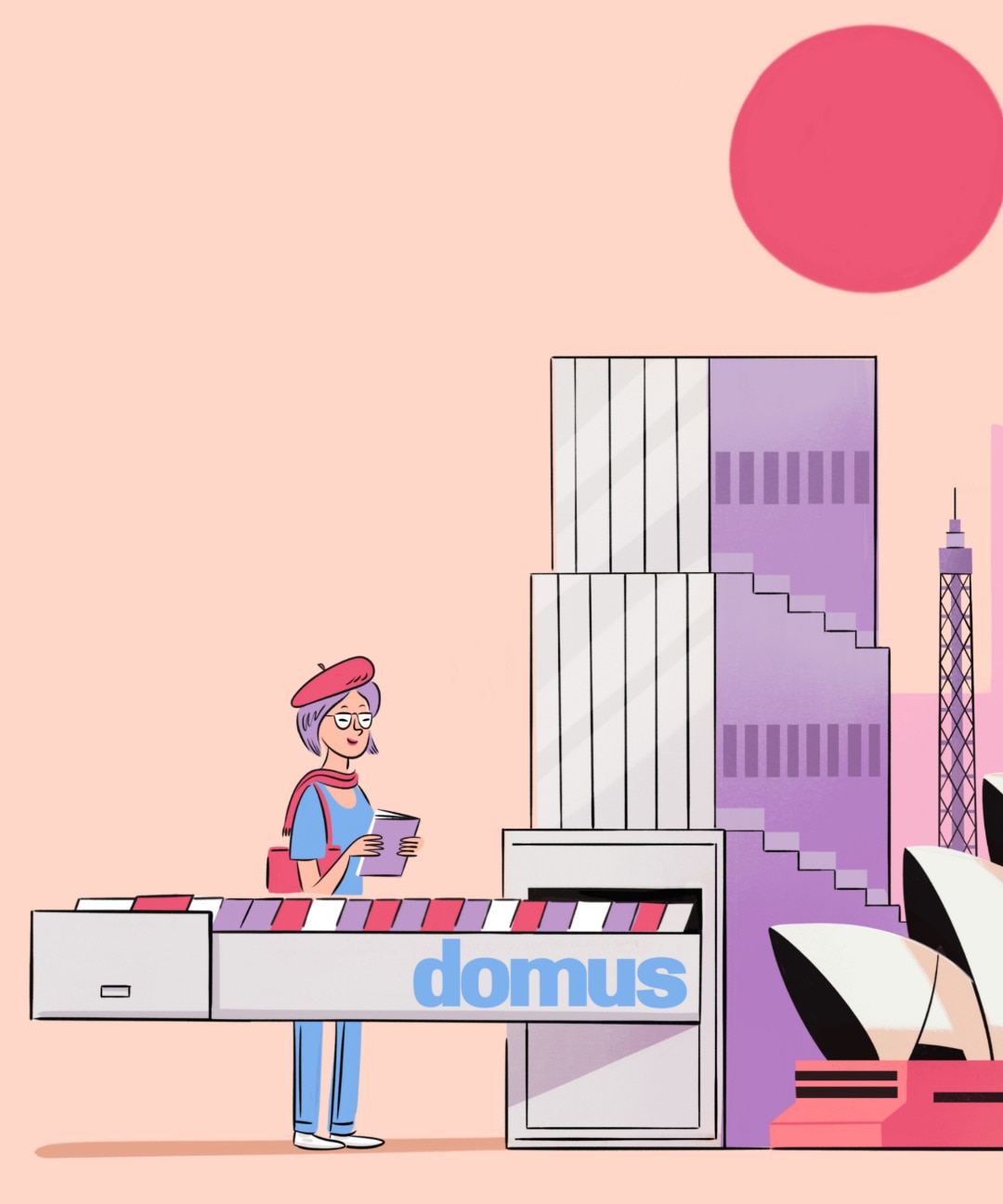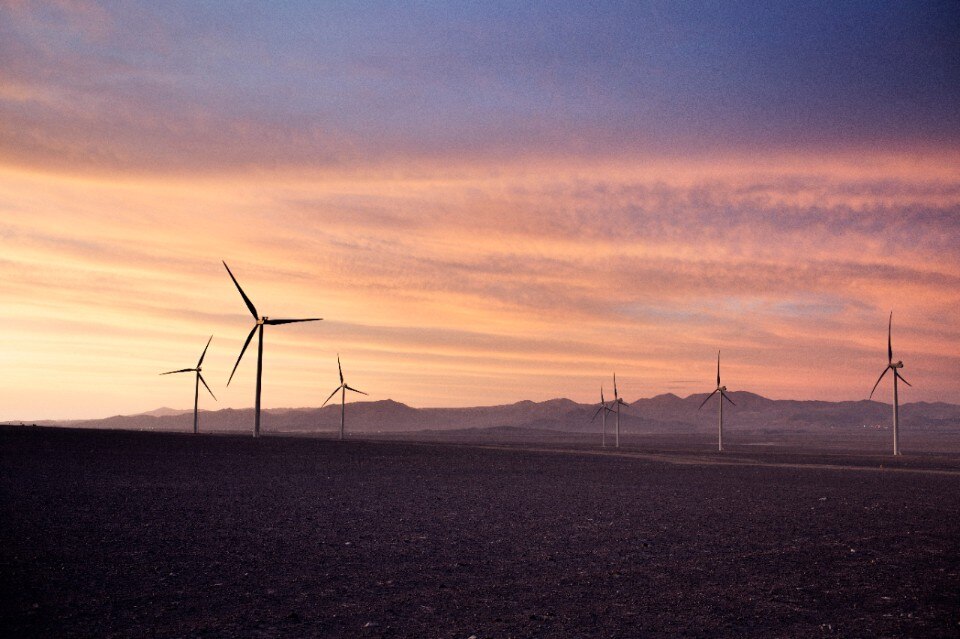In a public announcement on Monday, Raimundas Malašauskas decided to step down as curator of the Russia Pavilion at the 59th Venice Art Biennale. “I can not go on working on our project following the military invasion and bombing of Ukraine by Russia. This war is politically and humanly intolerable” he wrote in the letter. In the same vein, the interdisciplinary studio 2050+, which headed the Russia Pavilion at the last Architecture Biennale, also joined in: “our Open project was based on ideas of dialogue, cooperation, and exchange.”
A few days earlier, the Ukrainian Pavilion had also announced that they were temporarily unable to continue working. “We are determined to represent Ukraine at the 59th Art Exhibition, but not everything depends on us. Suppose the situation changes, and it is safe to continue our work and travel. In that case, we will be in Venice,” signed the curatorial team consisting of Paolo Makov, Lizaveta German, Maira Lanko, and Borys Filonenko.
Over the course of the week, there have been many and varied attempts by Europe, the United States, and others to close themselves off economically and culturally to Russia in solidarity with the recent conflict that is bringing Ukraine to its knees. Many companies have broken off their relations with Russia, including Apple, Samsung, and the Swedish giant Ikea, which has decided to suspend all its activities in Russia and Belarus, among many others.
In addition to the sanctions imposed by the West – which are causing enormous problems for the Russian economy – there are also the adhesions of numerous architectural studios, including many archistars, stopping construction work underway in the Russian state in an attempt to isolate it completely. The first to speak out on the matter was the Dutch firm MVRDV, which stopped work on all five of its projects in Russia, including the Red7 tower in Moscow. “As architects and urban planners, we work in many countries to make a difference and firmly believe in international dialogue and peace,” the firm said in a statement. “For this reason, we have immediately discontinued our involvement in projects in Russia until further notice.” The Rotterdam-based firm also explained how the invasion had also caused a pause to its two Ukrainian projects, an urban masterplan and a private house in Kyiv.
Similar announcements followed from UNStudio, David Chipperfield e Zaha Hadid Architects. “ZHA has been working in Russia for four decades,” the latter said in a statement. “Zaha Hadid was originally inspired by the works of the Russian avant-garde and many of our collaborators have taught architecture students at universities in the country.” Despite not having any active work in the country, the Danish firm BIG also took to social media in solidarity.
In Berlin, the Neue Nationalgalerie carries the yellow and blue flag of Ukraine, similar to its sister buildings Hamburger Bahnhof and Alte Nationalgalerie on Museum Island. Last weekend the institution organized a fundraiser in support of Ukrainian refugees arriving in the city after fleeing the Russian invasion of their country, in collaboration with artists Anne Imhof and Olafur Eliasson.
But these attempts at resistance do not only come from outside. The Russian magazine проект россия (translated as Project Russia), published on its website an open letter from Russian architects and urban planners expressing their opposition to military action in Ukraine. “War cannot be an instrument of politics in the 21st century. War devalues the very essence of the architect and urban planner, regardless of which country they are in. It violates people’s rights: to life, to safety, to self-fulfillment, to a comfortable and healthy environment – all those values that are the basis of our work.” The collective appeal was also accompanied by a shared sheet signed by more than six thousand people, then hidden on 4 March in connection with the introduction of the newly passed gag law – which introduces sanctions for “spreading false information about the operations of Russian forces, discrediting the Russian armed forces and calling for anti-Russian sanctions”.
Another institution central to the international debate on architecture, the Strelka Institute, has also taken the radical decision to suspend all work and programs indefinitely. “Since its founding, the Institute’s work has focused on researching cities and developing ideas for a planetary future,” they state in their statement. “While this mission remains essential, for a productive conversation about the future, there must be peace.”
Strelka Institute for Media, Architecture and Design is putting all work and programs on hold indefinitely.
— Strelka Institute (@strelkaschool) February 28, 2022
We consider it impermissible to carry on business as usual in the present situation while lives in Ukraine are being lost. (1/3)
In Moscow, the Garage Museum of Contemporary Art, which opened in 2015 with a project signed by OMA, is closing its doors “until the human and political tragedy unfolding in Ukraine has ceased.” The contemporary art museum in the heart of Gorky Park underlines the drama and injustice of the Russian attack by letting it know that they cannot “sustain the illusion of normality when such events occur.” Garage has always been an international institution open to a plurality of voices. We are categorically opposed to all actions that sow division and create isolation. We see ourselves as part of a wider world not divided by war.
Also, in the capital, the GES-2 House of Culture closes early the exhibition “Santa Barbara – A Living Sculpture”, an immediate decision of the Icelandic artist Ragnar Kjartansson. As the first exhibition hosted by the Renzo Piano-designed House of Culture, the event had opened last December and was to run until 13 March. Subsequently, the GES-2 House of Culture stated that it will suspend all exhibitions and activities from Monday 28 February, but will not close its doors. The institution is run by the V-A-C Foundation – which also runs the temporarily suspended space at Zattere in Venice – and is chaired by Leonid Mikhelson, CEO of Novatek, Russia’s largest private gas group. The museum said it needed to stay open to “provide a safe place where people can communicate, support each other, express empathy and take a break from an over-saturated information environment”.
The issue is also being felt in Italy, symbolically marked by the peculiar and controversial decision by the University of Milan Bicocca to cancel a course in Russian literature taught by the writer Paolo Nori. In a public statement, the president of the Milan Triennale Stefano Boeri withdrew the invitation to the Russia Pavilion at the next International Exhibition, scheduled at the Triennale from 20 May to 20 November. “Given the current dramatic situation in Ukraine caused by the insane, violent and unjustified aggression of the Russian army,” he wrote in an Instagram post, “the invitation to the Russian government to participate with its own pavilion at the next International Exhibition has been withdrawn.”
Opening image: Zaha Hadid, Residential Tower, Moscow, Russia, in progress

A new world of Italian style
The result of an international joint venture, Nexion combines the values of Made in Italy with those of Indian manufacturing. A partnership from which the Lithic collection of ceramic surfaces was born.




